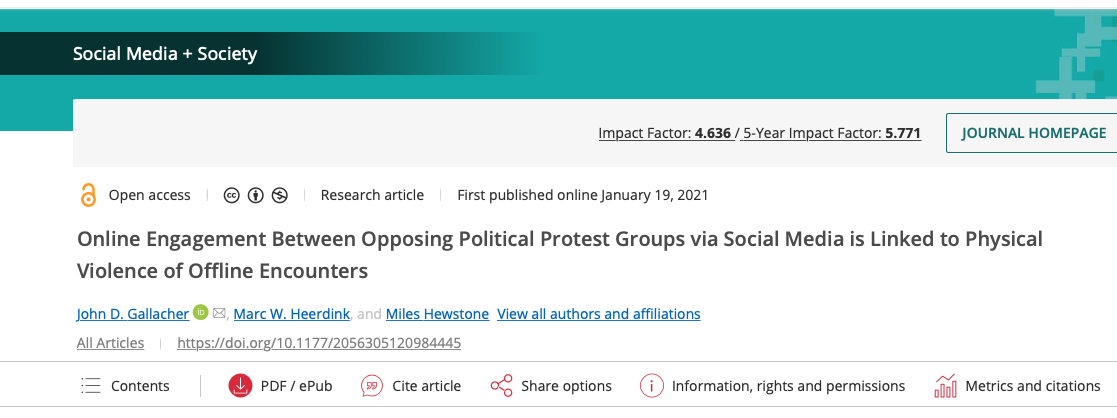(This letter was inspired by this Editorial in the AV News October 25, 2022)
Dear Editor, and Port Alberni
We have a problem. Facebook, and the way its algorithms, groups and interface manipulate us subconsciously to react and enflame, has ripped the heart out of this so-called Community with a Heart. An article published in peer-reviewed journal Social Media + Society states: “Our results suggest that Facebook was misguided in the claim that it is decreasing conflict simply through enabling the connection of individuals…uncivil disagreements between groups on social media are associated with, and can statistically predict, violence when these groups meet in the real world.†(Gallacher, J. D., Heerdink, M. W., & Hewstone, M. (2021)).
Personally, I have begun to see all social media platforms as a new mass addiction. Facebook and Facebook Groups are the fentanyl and carfentanil of the social media world. I deleted Facebook from my life two years ago. It was very hard. I even did it in steps, like weaning off cigarettes; first limiting my time, then removing myself from groups and pages, then only using Messenger, and finally I deleted it completely.
That came with real consequences like disconnecting from easy family, friend, activist, and even business interactions. It was a good decision. I’ve taken to encouraging everyone I know to do the same. I still use some social media platforms but not Facebook or Instagram, which is also owned by Meta and has been shown to be particularly harmful for young people, especially girls. If we want to restore civility in politics and in general in our town, I’d encourage my neighbours to meet for a lively chat at a Bulldogs game, Harbour Quay or even a dinner party! Not Facebook.
Sincerely,
Chris AlemanyÂ
P.S. Some other quotes from that study:
The level of engagement between groups taking place online is substantial, and can be characterized as negative, brief, and low in integrative complexity. These findings suggest that opposing groups may use unstructured online environments to engage with one another in hostile ways. This may reflect a worsening of relationships, in turn explaining the observed increases in physical violence offline. These findings raise questions as to whether unstructured online communication is compatible with positive intergroup contact, and highlights the role that the Internet might play in wider issues of extremism and radicalization.
Gallacher, J. D., Heerdink, M. W., & Hewstone, M. (2021). Online Engagement Between Opposing Political Protest Groups via Social Media is Linked to Physical Violence of Offline Encounters. Social Media + Society, 7(1). https://doi.org/10.1177/2056305120984445

